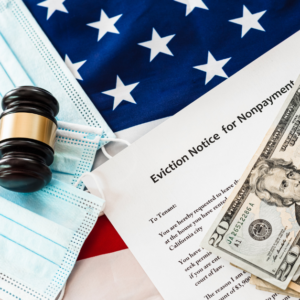-

Understanding Public Procurement Policy in Fighting Climate Change
As the threat of human-induced climate change increases, bringing with it rising tides, wildfires, and drought, the potential for impactful environmental legislation in the United States is decreasing. Climate change as a policy issue has become partisan, with 80 percent of Democrats to only 29 percent of Republicans believing it should be urgently addressed. The Biden Administration’s signature legislation, the Build Back Better Act, which includes $550 billion dedicated to fighting climate change, is stalled in the Senate, demonstrating the difficulty of passing sweeping legislation as a means to tackle the problem.
-

Pittsburgh’s Growing Flood Risk
2018 marked the wettest year in Pittsburgh’s history. In response to increased flooding incidents in and around Pittsburgh, eleven municipalities have partnered with the Pittsburgh Water and Sewer Authority (PWSA) to implement an integrated watershed management plan (Master Plan). However, Allegheny County is home to 130 self-governing municipalities, the second-highest total out of any county in the United States.
-

Eviction Moratoria as a Risk-Mitigation Measure During the COVID-19 Pandemic
The Centers for Disease Control and Prevention (CDC) issued a federal moratorium on residential evictions in early 2020 to lessen the spread of the COVID-19 virus. Public health officials at the CDC and other leading federal agencies hypothesized that those evicted are at a greater risk of catching and spreading COVID-19. Critical public health guidelines from the same agency, such as avoiding crowded areas, physical distancing, and regular, vigorous handwashing, were nearly impossible to adhere to for those living in shelters or temporary or overcrowded spaces. Continuing residential evictions through the economic turmoil caused by the pandemic would have drastically increased the number of people living in those unsafe situations.
Latest




